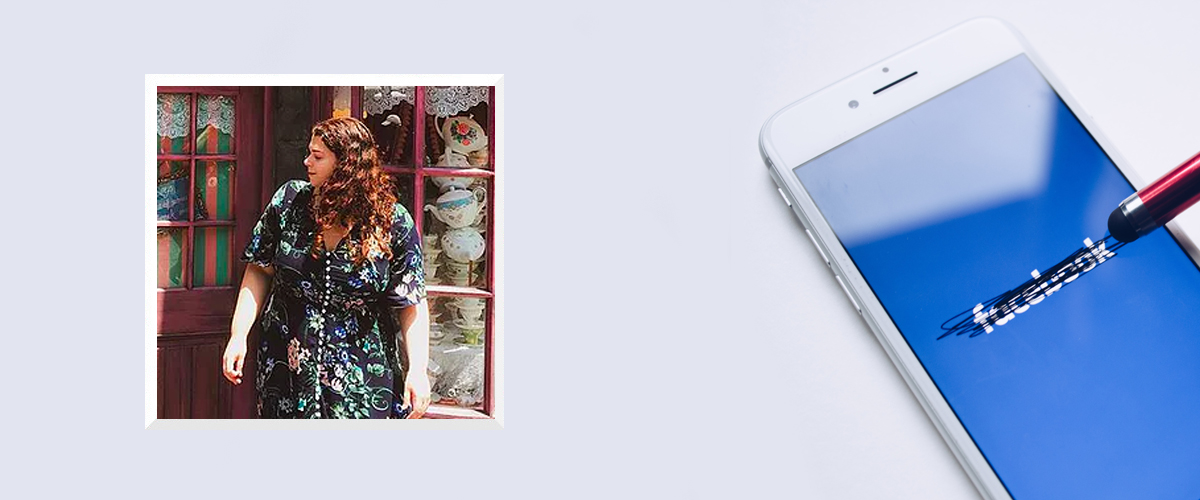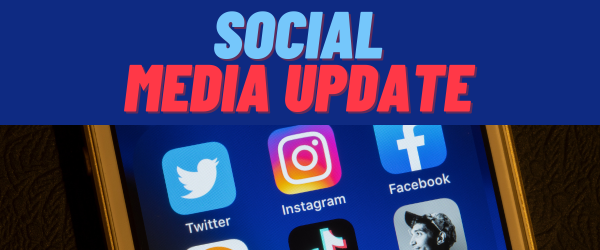Facebook has taken a ton of heat over the years, deservedly so. From spreading incorrect and biased news, to data and privacy breaches, the social media giant has angered quite a few users — as well as quite a few companies. Some of those companies no longer want to be complicit and are demanding change from the platform by boycotting Facebook ads.
Because ads have remained Facebook’s biggest source of revenue, that boycott is a pretty big deal. In 2018, the company made a whopping $55 billion in ad revenue. But with these boycotts, is that revenue expected to drop? Will Facebook do anything to make sure that revenue stays up? And why is the boycott happening now?
Here’s what’s happening with the current boycotts.
As of this writing, over 1000 companies have opted to stop using Facebook ads. Some of those on the list are rather big names, including Walgreens, Verizon, The North Face, Starbucks, Ralph Lauren, PlayStation, Pepsi, Microsoft, Ford, CVS and Coca-Cola, just to scratch the surface.
These companies have joined the fight behind Stop Hate for Profit. Their goal is to make Facebook address “hate, bigotry, racism, antisemitism and violence” on their platform. Moreover, they compiled a list of product recommendations they are asking Facebook to implement to address those issues.
Their recommendations include:
- Establish and empower permanent civil rights infrastructure including C-suite level executive with civil rights expertise
- Submit to regular, third party, independent audits of identity-based hate and misinformation with summary results published on a publicly accessible website.
- Provide audit of and refund to advertisers whose ads were shown next to content that was later removed for violations of terms of service
- Remove public and private groups focused on white supremacy, militia, antisemitism, violent conspiracies, Holocaust denialism, vaccine misinformation, and climate denialism
- Adopting common-sense changes to their policies that will help stem radicalization
- Stop amplifying groups and content associated with hate
- Automatically flag hateful content in private groups for human review
- Ensure accuracy in political and voting matters by eliminating the politician exemption; removing misinformation related to voting; and prohibiting calls to violence by politicians
- Create expert teams to review submissions of identity-based hate and harassment
- Enable individuals facing severe hate and harassment to connect with a live Facebook employee
These requests are not new in any manner, shape or form, and have been asked for by users for several years. This is, however, the first time major companies have mobilized in support of these measure.
What does Facebook have to say about it?
Unfortunately, not a whole lot. Or, at least not in a way that fully addresses Stop Hate for Profit’s concerns.
According to Facebook CEO Mark Zuckerberg, they’ll be taking a similar approach to Twitter when handling misinformation and hate. They will opt to label posts that may violate their policies. However, because the posts are deemed newsworthy, they will remain on the site. That being said, Zuckerberg also noted that any posts that may lead to violence or deprive someone of their right to vote will be removed immediately.
However, Nick Clegg, VP of Global Affairs and Communications, wrote an open letter under the title, “Facebook Does Not Benefit from Hate,” and it does exactly what you would think it would from that title. It argued that Facebook is already doing a lot to find and remove hate speech, and that they don’t profit from hate on their platform. It also doubled down on that they didn’t necessarily want to remove everything that others may deem damaging.
“When content falls short of being classified as hate speech — or of our other policies aimed at preventing harm or voter suppression — we err on the side of free expression because, ultimately, the best way to counter hurtful, divisive, offensive speech, is more speech. Exposing it to sunlight is better than hiding it in the shadows,” the former Deputy Prime Minister of the United Kingdom wrote.
Clegg went on to say, “Of course, focusing on hate speech and other types of harmful content on social media is necessary and understandable, but it is worth remembering that the vast majority of those billions of conversations [on Facebook] are positive.”
The letter was not received warmly, with those on the Trump team saying that Facebook was bowing to pressure while others — including Stop Hate for Profit — believed that Facebook did not go far enough.
So, will anything actually change on Facebook?
Potentially, but it’s honestly unlikely that we’ll see really marked change.
For one thing, as analysts have noted, while it’s impressive that big name companies have joined this movement, they aren’t actually what drives the platform’s ad revenue the most. Small and medium businesses’ ads do. And you, as a small or medium sized content creation business, will likely still be prevented from engaging in any ad buying on Facebook.
More significantly though, since most of the word is (supposedly) on Facebook, that means that *everyone* gets news from Facebook — including you and including people you interact with online. It’s interesting to consider how Facebook’s policies in terms of news/”news” and resulting responses in terms of use or ad revenue may shape our social interactions online.
Zuckerberg, but the way, doesn’t seem to be very concerned about the boycotts, reportedly having told his staff, “My guess is that all these advertisers will be back on the platform soon enough.” He added, “We’re not going to change our policies or approach on anything because of a threat to a small percent of our revenue.”
—
JackieMichele is writer and marketer living in the San Francisco Bay Area. Her work has appeared on Yahoo, Food and Wine and the Huffington Post. She’s been an editor, an influencer strategist and ghostwriter, a librarian and a teacher. Follow her Instagram at @jackie_gualtieri and contact her via jackie@ynotcam.com.
Background header image via Unsplash here.









